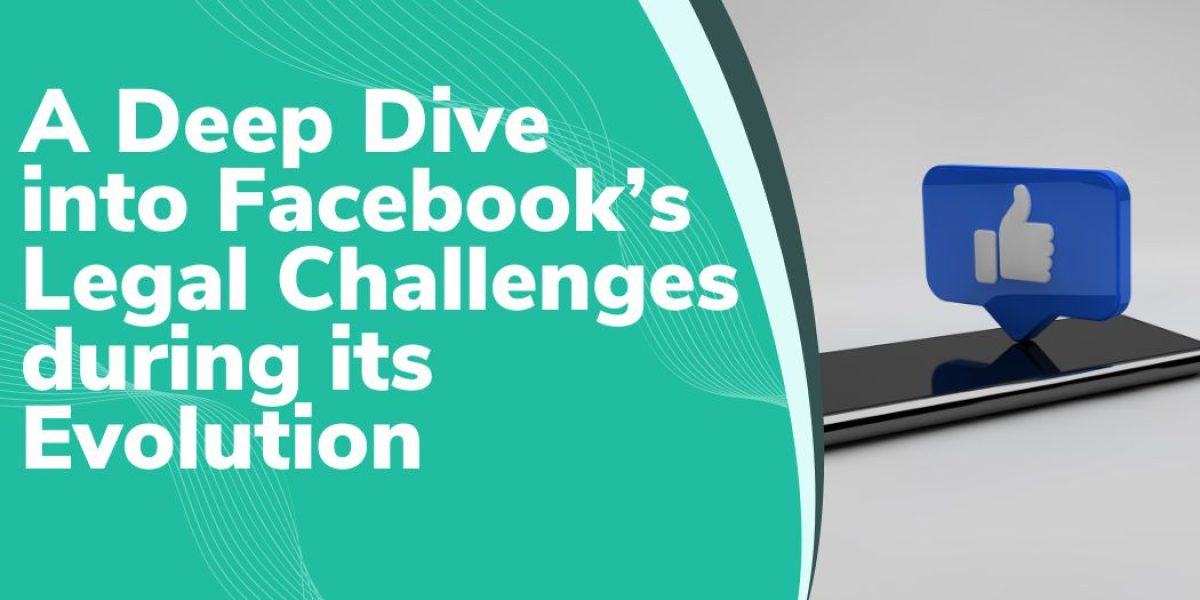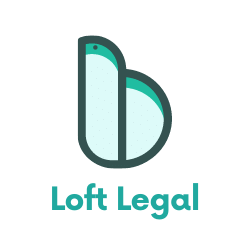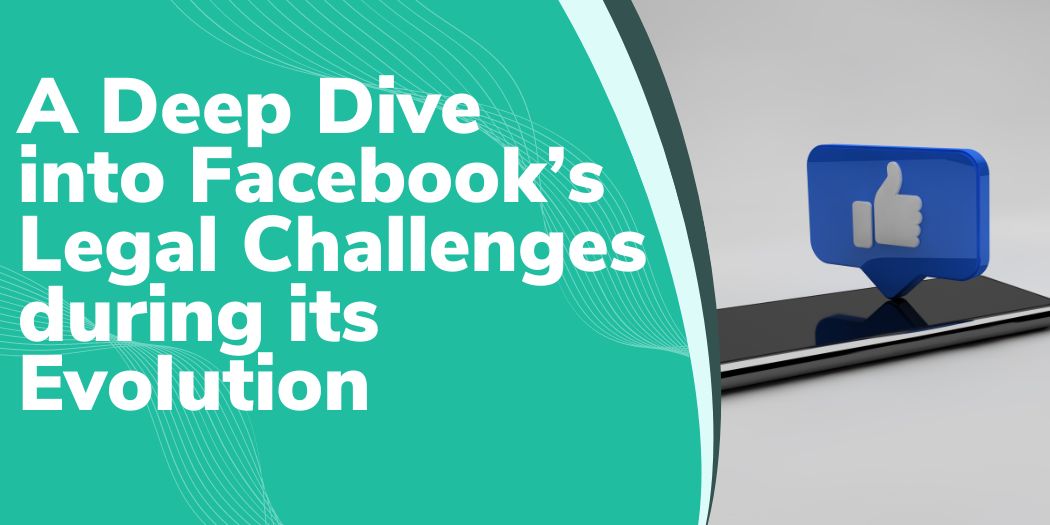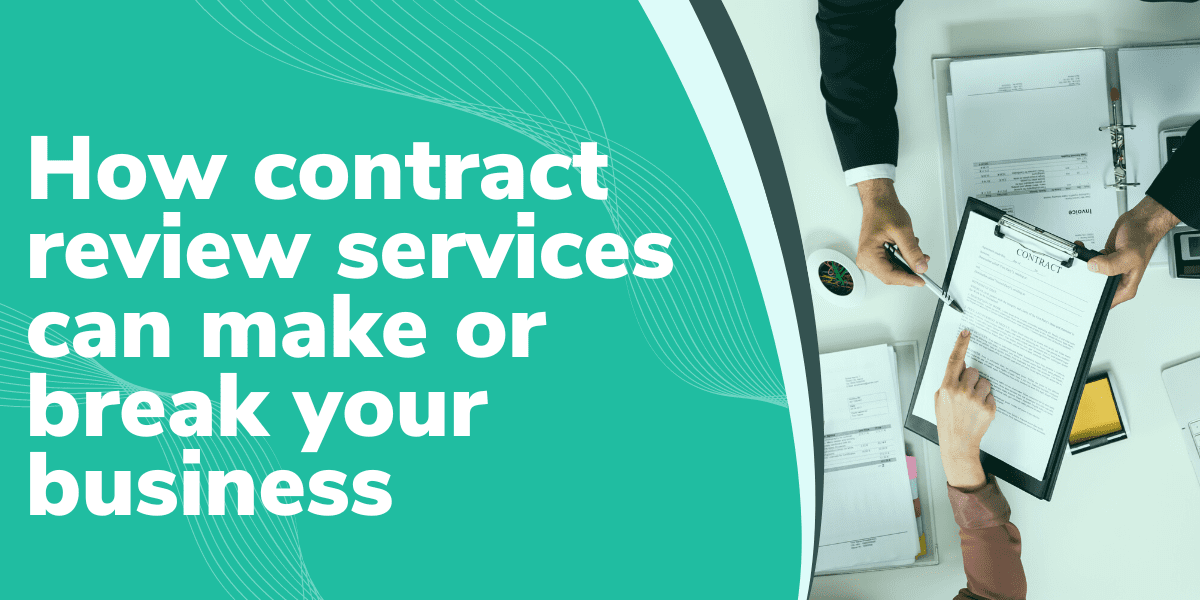
In the digital epoch, Facebook emerged from the dorm rooms of Harvard University, conceived by Mark Zuckerberg and his cohort of college roommates—Eduardo Saverin, Andrew McCollum, Dustin Moskovitz, and Chris Hughes—in 2004. Birthed as “TheFacebook,” it initially served as an exclusive digital alcove for Harvard students, swiftly transcending academic boundaries to captivate universities nationwide before captivating a global audience.
Facebook metamorphosed into a behemoth of social connectivity, empowering users to forge digital personas, weave networks of friends, and share a mosaic of thoughts, images, and videos. Beyond personal profiles, it offers a spectrum of interactive features: messaging, comments, reactions, groups, pages, and event participation, evolving into a digital microcosm reflecting the multifaceted human experience.
Amidst its ascent, Facebook broadened its digital empire, acquiring Instagram, WhatsApp, and Oculus VR, thereby cementing its status as a global social media titan with billions of users threading across the digital sphere.
Navigating the Legal Labyrinth: Facebook’s Legal Contests and Triumphs
Facebook’s journey, however, has been punctuated by formidable legal battles, testing the company’s resilience and adaptability. These legal skirmishes span privacy infringements, antitrust probes, content moderation dilemmas, and more, sketching a complex narrative of a tech giant under scrutiny.
Privacy Violations: The Cambridge Analytica debacle in 2018 unveiled a harrowing breach, exposing the data of millions to political vultures without consent—a stark revelation that challenged Facebook’s stewardship of user data.
Antitrust Investigations: Facebook’s dominance drew the gaze of global regulators, probing whether its monopolistic manoeuvres, including strategic acquisitions like Instagram and WhatsApp, stifled competition in the tech arena.
Content Moderation: The platform’s struggle with policing content—tackling hate speech, misinformation, and digital toxicity—has drawn both legal and public ire, spotlighting the Herculean task of moderating a global discourse.
User Privacy and Consent: Allegations have swirled around Facebook’s data practices, accusing it of clandestinely harvesting user data for advertisers, a practice that muddied the waters of digital consent.
Labor Practices and Discrimination: The tech titan has also been embroiled in controversies surrounding workplace discrimination and unethical labor practices, shedding light on the darker facets of Silicon Valley’s culture.
Charting the Course: Facebook’s Strategic Legal Maneuvers
In response to the onslaught of legal challenges, Facebook has embarked on a multifaceted strategy to fortify its legal defenses and mend its public image:
Enhanced Privacy Controls
In the wake of high-profile data privacy scandals, Facebook has significantly bolstered its privacy controls, transforming how users interact with the platform and manage their personal information. This shift towards enhanced privacy is multifaceted, encompassing the introduction of more granular privacy settings, allowing users to more precisely control who sees their content, and tools to monitor and secure accounts against unauthorized access.
A notable innovation is the “Privacy Checkup” tool, guiding users through their settings to ensure their sharing preferences align with their expectations. Additionally, Facebook has rolled out features for users to see and manage the data that apps and websites share with the platform, aiming to mitigate concerns over third-party data sharing without explicit consent.
Transparency and Oversight
To address criticisms over its opaque content moderation processes and decision-making, Facebook has embarked on an unprecedented transparency initiative. This includes the publication of comprehensive transparency reports detailing government requests for user data, content removals based on violations of community standards, and efforts to combat misinformation and harmful content.
A landmark development in this area is the establishment of the Facebook Oversight Board in 2020. This independent body, often referred to as Facebook’s “Supreme Court,” reviews and makes binding decisions on challenging content moderation issues, providing a mechanism for accountability and external oversight. The board’s diverse group of experts, academics, and former judges offer a level of scrutiny and deliberation previously unseen in the tech industry.
Navigating Antitrust Waters
Faced with increasing antitrust scrutiny, particularly regarding its acquisitions of Instagram and WhatsApp, Facebook has engaged in comprehensive legal and regulatory dialogues to justify its market position. The company has argued that its acquisitions foster innovation and deliver value to users, countering claims that they stifle competition.
Facebook has also made concessions and adjustments in response to regulatory concerns, such as enhancing interoperability between its platforms and competitors and providing users with more choices and control over data sharing. These efforts are designed to demonstrate a commitment to competitive fairness, even as the company continues to defend its business model and practices in courts and public forums.
Content Moderation Overhaul
Content moderation has been perhaps the most public-facing challenge for Facebook, with the platform under constant scrutiny for its handling of hate speech, misinformation, and other harmful content. In response, Facebook has massively scaled its content moderation infrastructure, employing thousands of human moderators while simultaneously investing in advanced AI and machine learning technologies to detect and act on policy violations more efficiently.
Moreover, Facebook has expanded partnerships with third-party fact-checking organizations across the globe to verify the accuracy of content and label misinformation. This multifaceted approach aims to balance the scale of content review with the need for nuanced understanding and contextual judgment.
Regulatory Compliance
Finally, Facebook’s approach to regulatory compliance, particularly in the realm of data protection and privacy, has seen significant evolution. The company has made concerted efforts to align its practices with the European Union’s General Data Protection Regulation (GDPR), the California Consumer Privacy Act (CCPA), and other regulatory frameworks around the world.
This has involved overhauling data processing operations, enhancing user consent mechanisms, and ensuring greater transparency about data usage. Facebook has also engaged proactively with regulators to shape and influence the development of policies and regulations that impact the tech industry, striving to find a balance between innovation and user protection.
Strategic Legal Lessons for Business Owners
Facebook’s navigation through its legal labyrinth has yielded profound lessons for business owners, especially those in tech and digital industries. These lessons, born from Facebook’s responses to privacy violations, antitrust investigations, content moderation challenges, issues around user privacy and consent, and labor practices, offer a roadmap for steering through similar legal terrains.
Responding to Privacy Violations: Implementing Rigorous Data Protections. Lesson for Business Owners:
The Cambridge Analytica scandal was a clarion call about the importance of safeguarding user data. For business owners, this underscores the necessity of implementing robust data protection measures. Privacy should be woven into the fabric of your business model, with clear policies on data collection, use, and sharing. Regularly updating privacy practices to reflect evolving regulations and technological changes can help maintain consumer trust and compliance with global data protection laws.
Navigating Antitrust Scrutiny: Promoting Fair Competition. Lesson for Business Owners:
As Facebook’s experiences with antitrust investigations reveal, maintaining a competitive but fair market is crucial. Businesses, especially those with significant market share, should regularly review their practices and market strategies for potential anti-competitive issues. This includes assessing mergers, acquisitions, and partnerships with an eye toward how they affect market competition and consumer choice. Being proactive in demonstrating the value and fairness of your business practices to regulators can avert severe legal and reputational consequences.
Overhauling Content Moderation: Ensuring a Safe Online Environment. Lesson for Business Owners:
Facebook’s public and legal challenges with content moderation highlight the critical importance of creating a safe and respectful online environment. Businesses should invest in robust content moderation systems, including technology solutions and human oversight, to swiftly identify and address harmful content. Establishing clear community standards and transparent moderation policies can help manage user expectations and reduce legal risks associated with user-generated content.
Enhancing User Privacy and Consent: Prioritizing Transparency and Control. Lesson for Business Owners:
Allegations against Facebook for mishandling user data underscore the need for transparent data practices and user consent. Businesses must ensure that users are fully informed about how their data is used and have meaningful control over their information. This includes clear consent mechanisms, easily accessible privacy settings, and transparency about data sharing with third parties. Adopting a user-centric approach to privacy can strengthen customer relationships and compliance with privacy laws.
Addressing Labor Practices and Discrimination: Fostering an Ethical Workplace. Lesson for Business Owners:
Controversies over Facebook’s workplace practices serve as a reminder of the importance of ethical labor practices and workplace diversity. Creating a positive, inclusive, and equitable work environment is essential for attracting and retaining talent, enhancing productivity, and minimizing legal risks. This involves not only adhering to labor laws and regulations but also actively working to prevent discrimination and harassment, ensuring fair hiring and promotion practices, and supporting employee well-being.
Integrating Lessons into Business Strategy
Each of these areas—data protection, antitrust compliance, content moderation, privacy and consent, and ethical labor practices—presents complex challenges but also opportunities for differentiation and leadership. By integrating the lessons learned from Facebook’s legal battles into their operational and strategic decisions, business owners can navigate the complexities of the modern business landscape more effectively.
This means not only reacting to legal challenges as they arise but also anticipating and addressing potential issues proactively. By doing so, businesses can safeguard their reputation, build trust with consumers and employees, and create a sustainable path forward in an increasingly regulated and scrutinized digital world.





